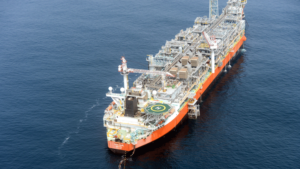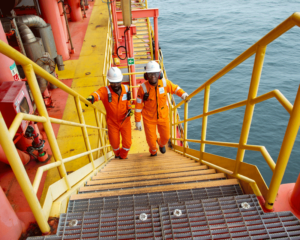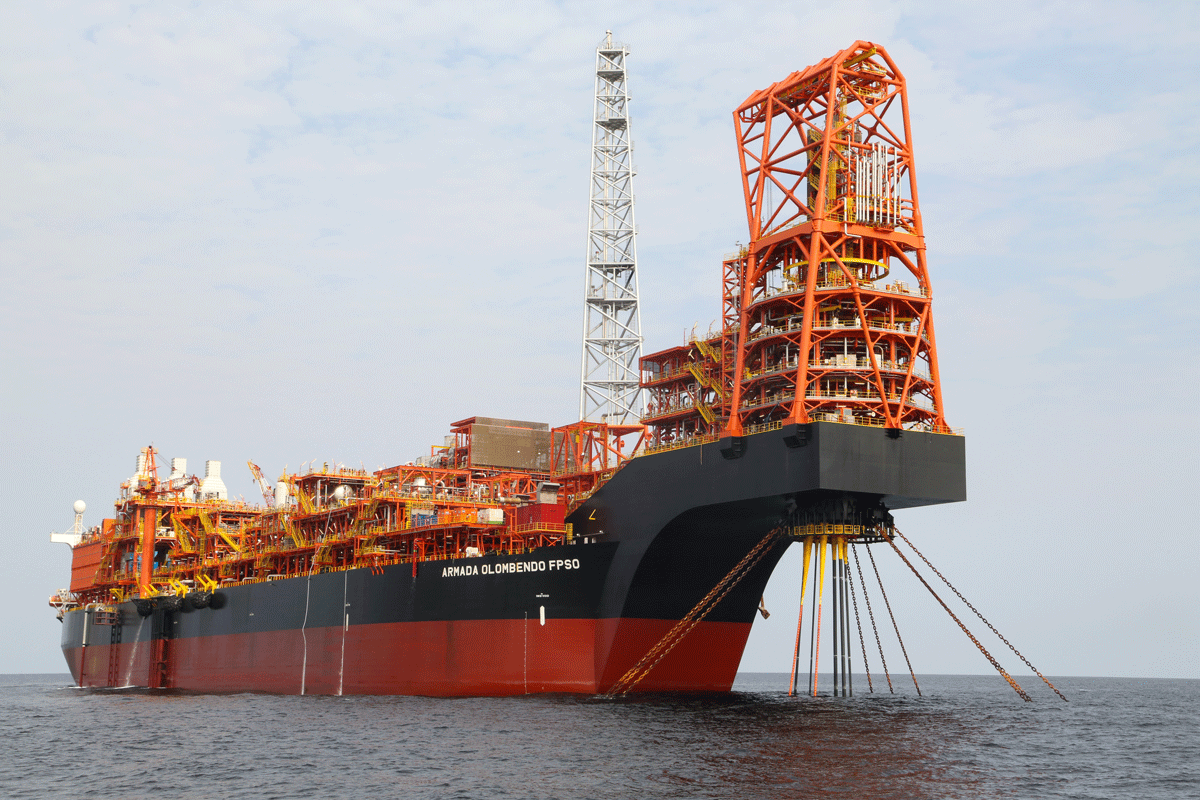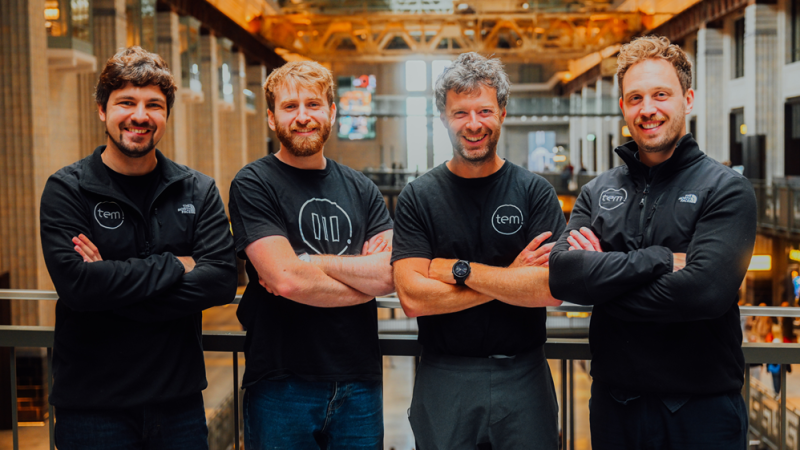Azule Energy, a company owned 50:50 by BP and Eni through consolidation of their Angolan assets, only started its operations in August 2022 but has ambitious plans for the future.
“Our mission at Azule Energy is clear – to ensure resilient energy production through a diversified portfolio that encompasses producing oil and gas in combination with the implementation of decarbonisation technologies and the development of renewable sources. We believe that a balanced energy mix is crucial to meet the demands of today while safeguarding the needs of tomorrow while supporting a transition that has to be just and sustainable,” declared CEO Adriano Mongini in his keynote address at Africa Oil Week in October 2023.
“Our shareholders, bp and Eni, have proudly supported Africa and Angola’s energy sector for many decades. After over one year as a standalone company, Azule Energy continues the legacy of delivering safe, responsible, and cost-efficient oil and gas, being a dedicated partner in Angola’s journey towards sustainable energy development.”
Adriano Mongini, the very first CEO of Azule Energy, joined Eni in 1988 and counts more than 20 years of experience in managerial roles at Eni, both at the headquarters and in different affiliates, among which he was appointed Executive Vice-President of different upstream regional organizations and Deputy Chief Operations Officer for the upstream. In the very recent past, he covered the position of Eni’s Regional Manager for Europe and the Americas before moving to Angola in 2022.
 Portfolio
Portfolio
Angola’s offshore and onshore oil producing, and exploration locations are segregated into defined areas or licensed ‘blocks’. Azule Energy has exploration and production activities in 20 licensed blocks.
“From these twenty licenses, the last one was added to our portfolio just in August. We are an operator of eleven blocks – three are producing blocks, and eight are in the exploration phase. In total we hold an estimate of two billion barrels of oil equivalent net resources,” explained Mongini, affirming that exploration is a crucial component of Azule, and the backbone of the company’s growth strategy.
Azule’s blocks include oil and gas production and the New Gas Consortium, Angola’s first non-associated gas project. Azule also participates in Angola LNG JV and Solenova, a solar JV with Sonangol developing Caraculo’s photovoltaic project.
Mongini noted that Azule Energy is an operator of some of the most important and exciting development projects in the region and is planning to invest over three billion dollars equity in the next two years alone to execute them.
“Starting with oil, our current major development project is the Agogo Integrated West Hub, which includes the development of both Agogo and Ndungu fields with an overall volume of around 500 million barrels of recoverable reserves. Agogo will be operational from mid-2026 set to reach peak production of 175,000 barrels per day in the same year.”
Key role in energy transition
Mongini further affirmed that Azule is also looking to be a protagonist in the energy transition, in which gas will undoubtedly play a major role. To this end, the company is the operator of the New Gas Consortium development project, with Sonangol P&P, Chevron and Total. The project includes the development and production of gas from two offshore platforms, an onshore gas processing plant and a connection to the Angola LNG plant, with an expected production rate of four billion cubic meters of gas per year.
The New Gas Consortium is the first of its kind in Angola. Historically, gas has been captured as a by-product of oil extraction (associated gas). The NGC is different in that it specifically targets to develop and produce non-associated gas located in the offshore gas fields to supply Angola LNG, thereby enhancing the nation’s gas export capability. The project is expected to start production in 2026 and includes an investment of around USD 2.2 billion.
Azule is also actively investing in a low-carbon energy mix, said Mongini. “Our partnership in Solenova, a fifty-fifty company of Azule and Angola’s National Oil Company Sonangol, earlier this year inaugurated the first phase of Caraculo’s photovoltaic plant. The first twenty-five megawatts of solar energy are already supplying energy to Angola´s southern region and a second phase of another twenty-five megawatts is being planned.’
 For the region and its people
For the region and its people
In his key address, Mongini acknowledged that Azule’s commitment to HSE, sustainability, and community development is non-negotiable. “We place our people and the country we operate in at the centre of what we do.”
“We are committed to promoting the sustainable development of communities in Angola, investing with our partners an average of $10 million per year in social projects in the fields of clean energy and water supply, education, health, economic development, and demining. We believe that by working together with local communities, we can create sustainable and long-lasting benefits for our stakeholders.”
The company also has a robust decarbonisation plan in place aiming to reduce up to 40% of its total GHG emissions by 2030, including zero routine flare by 2024. “The pillar of our plan includes flare down and methane emission reductions goals, improvement and streamlining of our operation processes, carbon offsets initiatives and production of energy from renewable sources.”
In conclusion, Mongini expressed his pride in what Azule Energy has accomplished in its first year of operations as an independent energy company and his gratitude to the company employees and all stakeholders for their unconditional support.
“Our journey is just at the beginning of developing the full potential of the company. Azule’s potential in Angola is a source of great pride and responsibility for us and we are committed to developing the opportunities in a responsible and sustainable manner. Our growing focus on natural gas and renewable energy will help to ensure that we remain at the forefront of the energy industry for years to come. We are dedicated to making a difference, not just for ourselves but for the future of Angola and for the region.”






